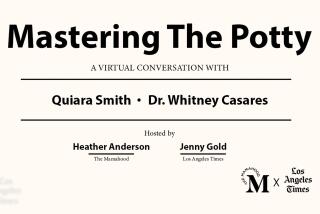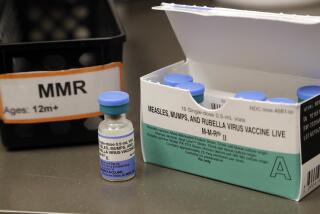Solid food for infants should be carefully timed to lower obesity risk
Solid foods should not be given to infants before 4 months of age, according to guidelines from the American Academy of Pediatrics. A new study lends support to that advice, especially for bottle-fed infants. Those who were introduced to solid foods before 4 months of age had a six-fold increase in the odds of being obese at age 3.
Child obesity is an alarming problem in the United States. Recently, the U.S. Surgeon General issued recommendations to encourage breastfeeding for the first six months of life. Numerous studies show that breastfeeding confers many health and cognitive advantages on babies and even improves the mother’s health.
The new study, by researchers at Children’s Hospital Boston and Harvard, examined 847 children. In the first four months of life, 568 of the babies were breastfed and 279 were formula-fed. By age 3, 9% of the children in the study were obese. The researchers found, however, that bottle-fed babies who received solid foods before age 4 months were at much higher risk for obesity. Among babies who were breastfed for at least four months, the timing of solid food was not linked to obesity at age 3. Bottle-fed babies who did not receive solid foods until at least 6 months also did not have an increased risk of obesity.
Other studies have also shown that starting solid food too early in life raises the risk of obesity. And, the authors of the study noted, solid foods are often introduced too early because the parents believe the baby is hungry or because the infant is already large.
Meanwhile, they wrote: “Breastfeeding may promote self-regulation of an infant’s energy intake, and the mother may learn to recognize her infant’s hunger and satiety cues.”
The study was published Monday in the journal Pediatrics.
Related: More moms should breastfeed for six months, surgeon general advises [Updated]
Return to Booster Shots blog.
More to Read
Sign up for our L.A. Times Plants newsletter
At the start of each month, get a roundup of upcoming plant-related activities and events in Southern California, along with links to tips and articles you may have missed.
You may occasionally receive promotional content from the Los Angeles Times.






